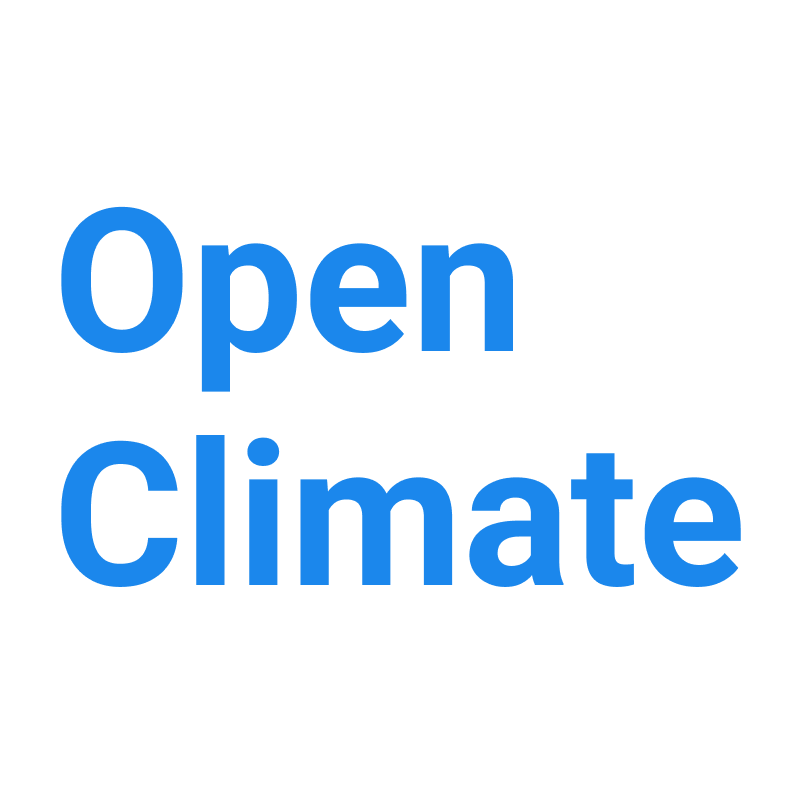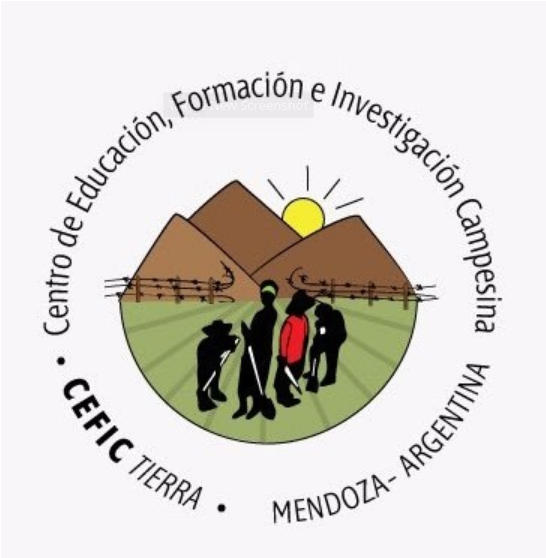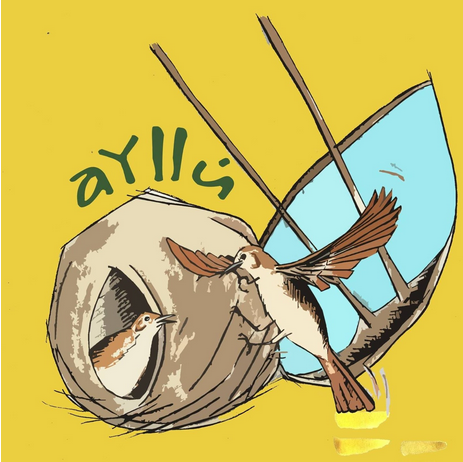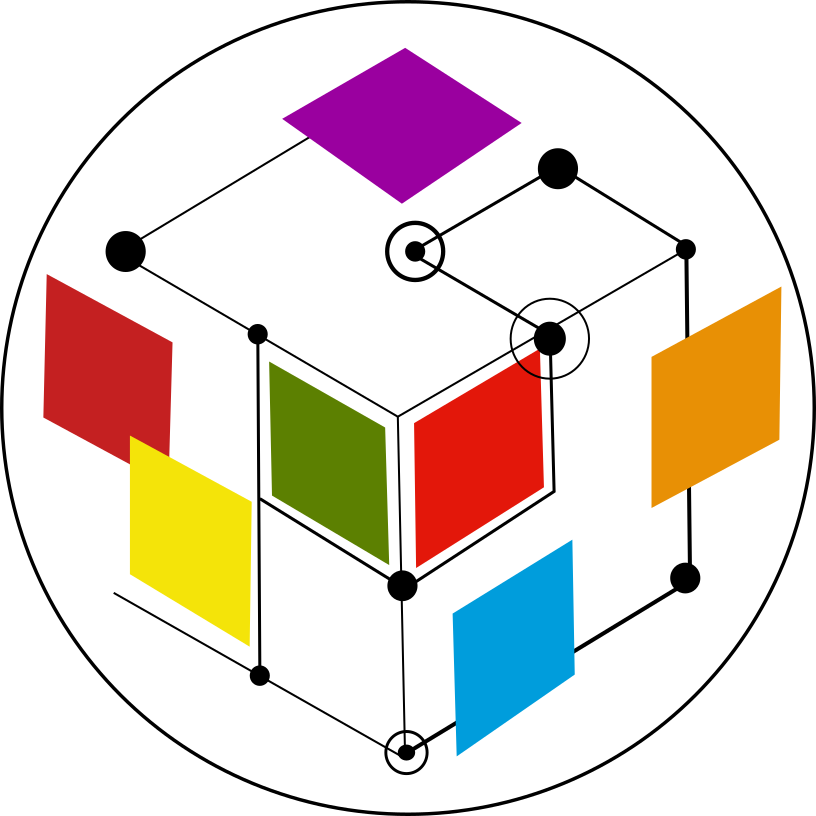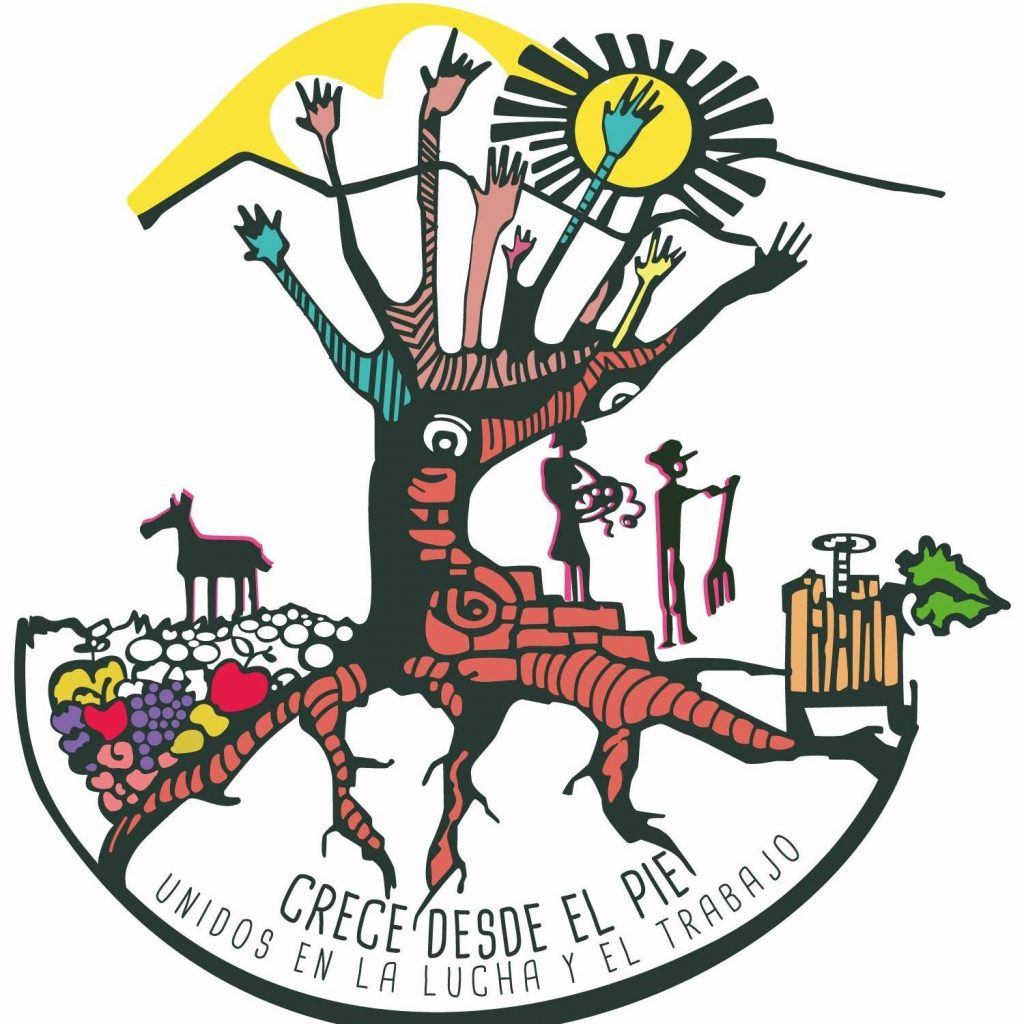open agroecology lab
We are an assemblage of rural organizations, researchers and activists that seeks to be part and support the agroecological transition in Argentina by facilitating the collective building of knowledge and the public amplification of agroecology.
To achieve these goals we are working on an open and distributed infrastructure based on open source technologies and participative practices that allow us collectively build, systematize and exchange knowledge of the diverse agroecological processes and experiences of peasants, farmers, students and researchers.
Background and Motivation
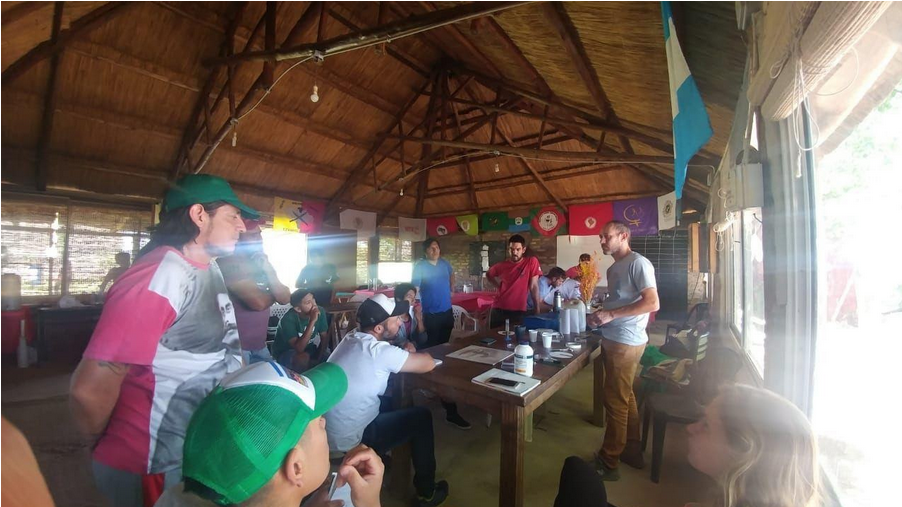
Agroecology is a holistic and integrated approach that simultaneously applies ecological and social concepts and principles to the design and management of sustainable agriculture and food systems. Agroecology is concurrently a science, a set of practices and a social movement and has evolved as a concept over recent decades to expand in scope from a focus on fields and farms to encompass the entirety of agriculture and food systems. It has been globally recognized that the farms and agroeco-systems that apply the principles of agroecology present themselves with great potential to face the current global socio-ecological crisis in its multiple dimensions (climate change, loss of biodiversity, environmental pollution, loss of biocultural diversity), while building food sovereignty.
However, agroecology is still in an incipient state of adoption among certain peasant and family farming sectors due, not only to structural determinants, but also to the way in which knowledge is generated, rescued, and exchanged among producers, technicians, and institutions dedicated to agroecology. The prescriptive advice that agrochemistry provided to individual producers has no replacement in agroecology, which also requires another type of knowledge regarding the agroecosystem to act, since it is a production based on processes, located, and not input dependent such as conventional industrial agriculture.
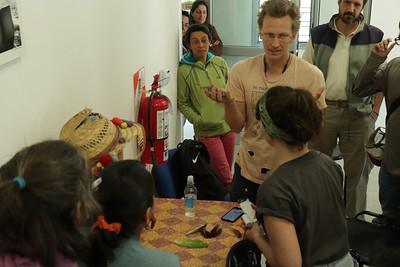
Activities
Ongoing
- We joined the Digital Infrastructure Incubator from Code for Science and Society
- In early 2023 Nano Castro was selected for the Open-Climate fellowship to explore how climate change issues can be addressed by and inscribed into the Open Agroecology Lab infrastructure.
- Collaboration with Our-Sci and OpenTEAM to complete a high throughput CO2 soil respiration device and develop a complete proof of concept about the digital infraestructure.


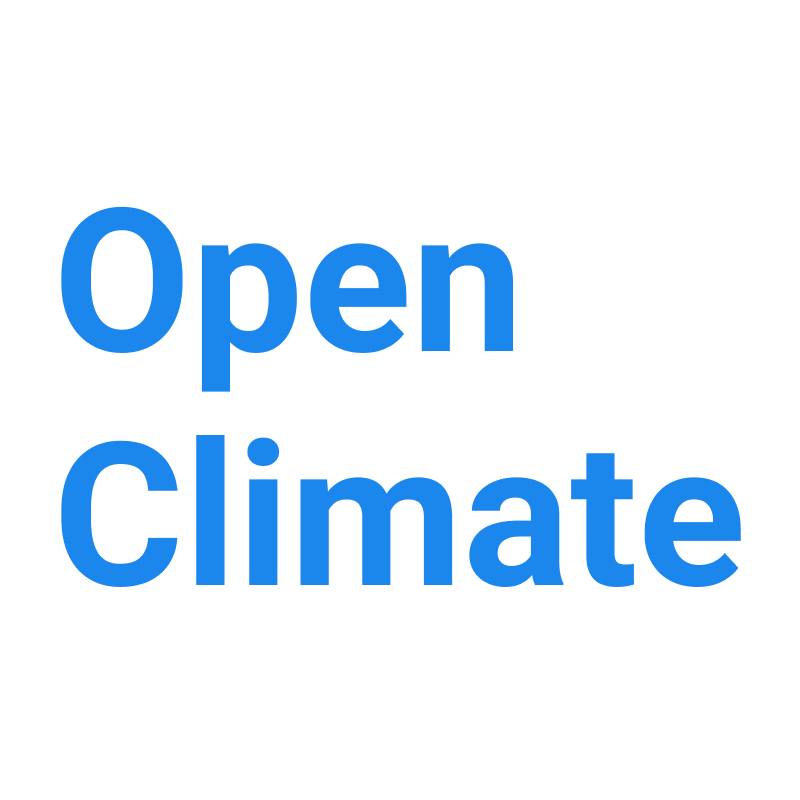
Past
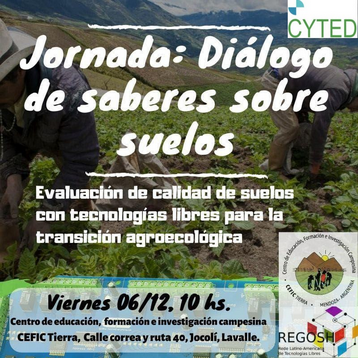
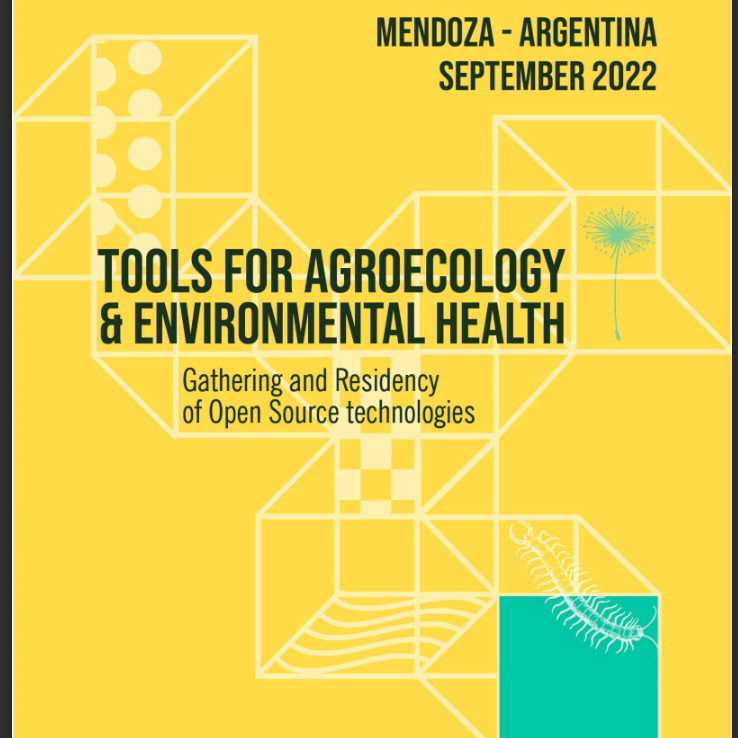
- In late 2018 we had our first Diálogo de saberes sobre suelos workshop.
- During 2021 we held the AgroPacha workshop serie as part of UROS projects.
- In september 2022 we meet for several days in Mendoza for the Residence of Open Technologies for Agroecology and Environmental health where we had the opportunity to run a proof of concept with the tools already available and devote several sessions to think about the design and functioning of the Open Agroecology Lab infrastructure.
Infrastructure
Co-desing
Much efforts are being dedicated to co-desing the Open Agroecology Lab (OALab) infraestructure both in terms of the technological platform but also on its human and relational aspects.
One of the key learnings or our short experience with the OALab is that individual farmers rarely have the time, the motivation or the knowledge to use tools or digital technologies to systematize their own experience or to run a test on a soil sample. This is the main reason why we work with rural organizations or communities already organized around a technical support institution or a common interest, usually productive. Moreover, knowledge building and sharing is much more effective among peers and communities are also the place to deal with individual uncertainty and frustration. The OALab also creates the space to allow the articulation with researchers and technicians that can share their knowledge in a way that inherits from Freirean popular pedagogy, we all have something to share and something to learn.
We set-up and tested a conceptual framework to understand how tools, communities and organizations can be integrated in a concrete infrastructures that can serve all the people involved.
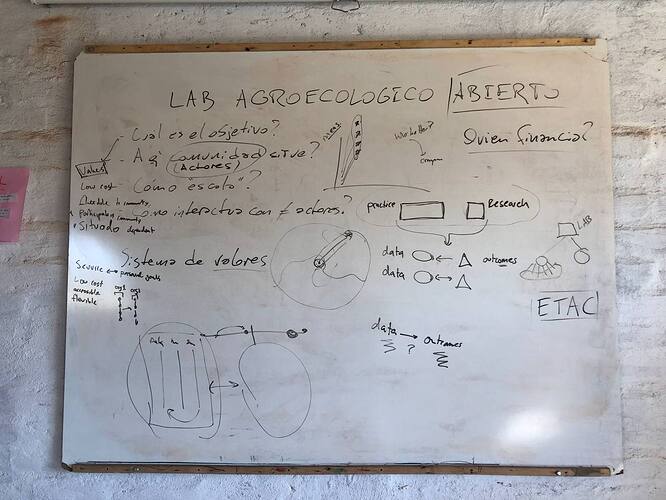

We believe that open technologies can be instrumental to accompany agroecological transition processes in their practical and pedagogical dimensions. Open technologies present the opportunity to co-create the designs of the tools necessary to produce knowledge, taking advantage of the experience of other projects in different parts of the world, recreating what works and modifying what does not to return to useful designs in context. We consider that this plasticity and potential for appropriation of open technologies is what we need to follow, systematize and share the learnings of the local agroecological transition.
For this we are creating instances where we can put the designs to the test in the field, in dialogue with local actors, to adapt or develop new methods and tools that are useful to users and in each particular context.
Moreover, we believe the OALab is a bottom-up proposal for the digitalization of agroecological experiences that can support and strengthen public valorization and acknowledgement of agroecology (ie through participatory guarantee systems) and to resist the current AgTech wave that will only intensify the pressure on small farmers and increase their technological dependency to corporations.
Open source scientific hardware
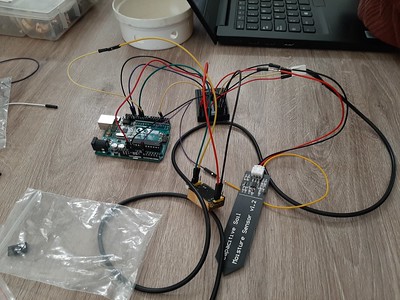
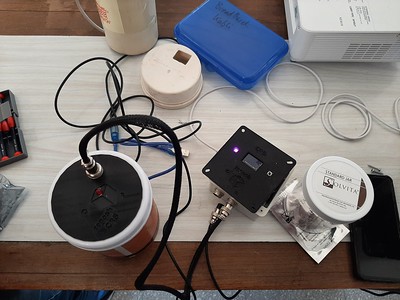
Soil respiration chamber prototype assembly
Development process
We think of the development of our tools as an iterative process that goes from prototype to its stabilization and proliferation on kits that can be distributed.
The prototyping process requires being able to iterate the preliminary developments in dialogue with a diversity of actors, until achieving a certain stability of practices, designs, methods and instruments both in terms of scope and replicability and usability. In a subsequent stage, the proofs of concept prototyped in the previous stage materialize in the assembly of easy-to-use kits accompanied by detailed documentation on their scope and use. The development of joint assembly and experimental workshops allows users to become familiar with the kits.
The process follows with the feedback and exchange of user experiences and data throughout the process to update prototypes and documentation.
Lab instruments
Our main focus of development now is on reviving soils that are one of the key principles of agroecology. The nearby laboratories are scarce, expensive and they are still locked in the conventional physical-chemical paradigm. In this paradigm the soil is considered as an inert matrix whose fertility is defined by quantifying the presence of nutrients (NPK). In the agroecological paradigm, the soil is a living system and therefore its health is evaluated in biological terms of the organism present and the processes in which they intervene (i.e. diversity and microbiological activity, organic matter).
We have selected and created a set of tools for the evaluation of soils and ammendments that can be used also for the analysis of the environment (ie water), primary productions or derived manufactures.
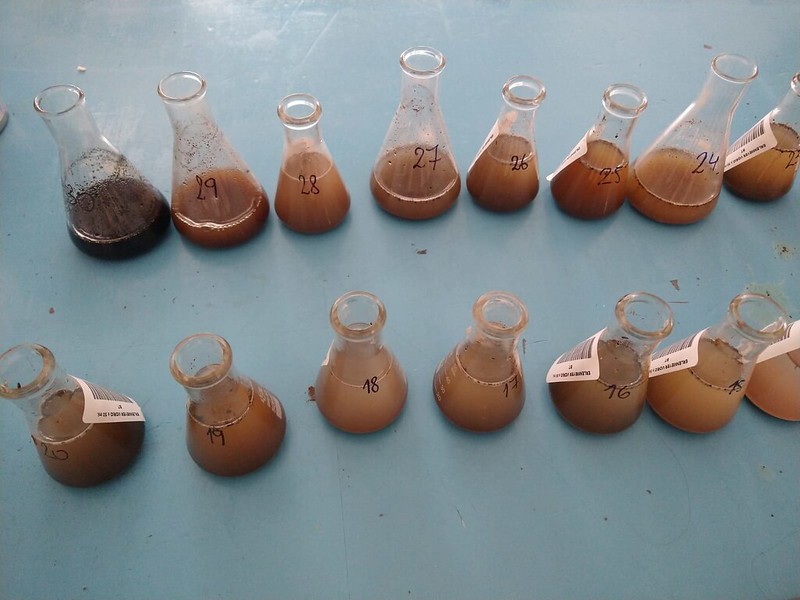
Digital infrastructure
We wanto to show how an open source digital infraestructure can be used by a distributed network of farms to contain their management and soil health information to share, learn, and take actionable steps based on their shared knowledge.
We are advancing this line of work in two directions:
- The digital infraestructure per se to understand how the software toolchain works. We will learn from the exprecience of Our-Sci and OpenTEAM
- Co-designing the local ontology and the data governance so we can understand what data is relevant and how this data wil be used and shared. We are exploring this with the aid of Digital Infraestructure Incubator from CS&S.




Supported by




